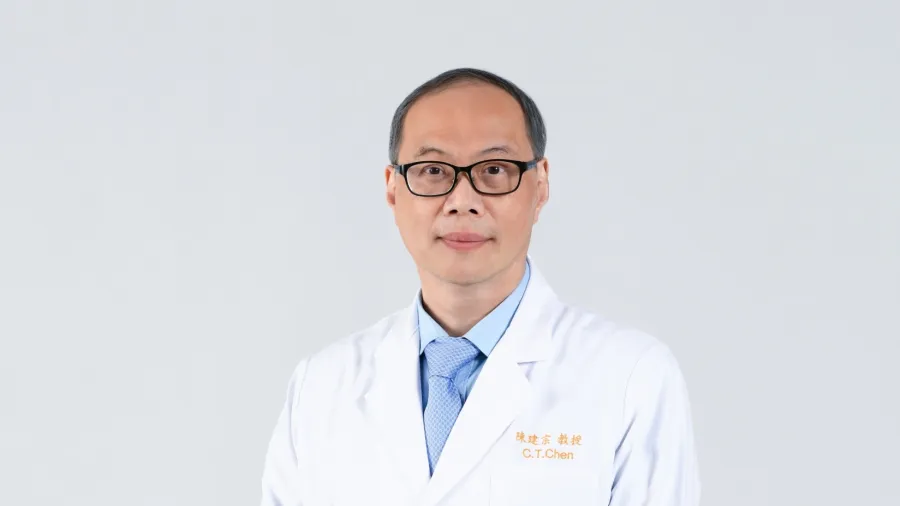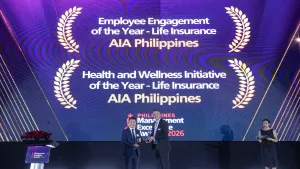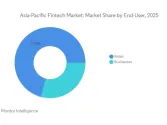
Chang Gung Hospital shaping Taiwan’s healthcare future with smart innovations
Prof. Chen, Chien-Tzung shares the hospital's journey to seamlessly integrate innovation into its services at HIMSS23 Asia Pacific conference in Jakarta.
Established in 1978 in Taoyuan City, Linkou Chang Gung Memorial Hospital has since been a leader in Taiwan’s healthcare sector and known particularly well for its proactive approach to emerging technologies.
As such the participation of this medical giant’s hospital superintendent, Prof. Chen Chien-Tzung, became one of the attractions at the HIMSS23 APAC Health Conference and Exhibition last 18-21 September in Jakarta, which was organised by the Healthcare Information and Management Systems Society.
At the conference, Prof. Chen shared how the Chang Gung Hospital had seamlessly integrated innovations into its services not only to simplify its processes and elevate in-house healthcare quality, but set the example for leveraging new technologies to reshape the nation’s healthcare narrative.
Indeed, the hospital’s prominence is evident in its impressive scale, boasting around 3,500 acute care beds and a robust team of over 9,000 professionals, including attending physicians, resident doctors, nursing staff, medical technologists, and administrative personnel.
Notably, the hospital does not just provide healthcare; it has a specialised focus on chronic illnesses, especially those affecting the elderly, making it a lifeline for millions. And that is by no means rhetorical. Annually, the hospital manages around 4 million outpatient visits, 200,000 emergency room visits, and 100,000 inpatient admissions.
“This sheer magnitude requires not just dedication but a commitment to the constant enhancement of quality and safety in healthcare services,” Prof. Chen told Healthcare Asia on the sidelines of the HIMSS 23 conference.
Smart hospital journey
He said that recent developments showcase a commitment to harnessing the power of technology. “Our journey from digitisation to becoming a smart hospital is rooted in a commitment to a patient-centred approach,” Prof. Chen said.
In 2004, Chang Gung Hospital initiated a bold move towards a paperless medical record operation. By 2022, this transition was fully realised. “The benefits of Electronic Medical Records (EMR) are transformative, reducing manpower costs, safeguarding patient privacy, enhancing real-time access to records, and laying the foundation for significant advancements in medical research through big data,” he said.
The hospital’s healthcare information technology (IT) initiatives are nothing short of visionary. “From smart pharmacies and AI-powered customer service to cutting-edge applications in disease classification and cellular therapies, Linkou Chang Gung Memorial Hospital is continuously driving towards its vision of a smart hospital,” said Prof. Chen.
He said their Hospital Information System (HIS), a comprehensive management system, is the backbone of this technological evolution. With various clinical and administrative systems seamlessly integrated, the hospital’s IT initiatives are a testament to its commitment to efficiency and innovation.
As expected, Chang Gung Hospital ranked second globally in the 2022 HIMSS Digital Health Indicator, scoring 349/400. It excelled particularly in interoperability and was cited for its highly structured documentation and seamless integration with MediCloud, Taiwan’s national insurance portal.
Business intelligence
Linkou Chang Gung Memorial Hospital has embraced Business Intelligence (BI) applications, established smart pharmacies and dialysis units, and implemented IoT and 5G technologies.
“The hospital’s response to the challenges posed by the COVID-19 pandemic underscores its adaptability and resilience in the face of healthcare crises,” Prof. Chen told Healthcare Asia.
Employing intelligent tools that streamline operations were pivotal strategies for the hospital’s effective management. Smart ward panels, which were deployed across nursing stations, simplified scheduling processes and offered real-time insights into patient dynamics.
These are all business intelligence (BI) applications spanning eight major domains, consolidating and analysing data, providing real-time alert, and monitoring through visualised dashboards.
“Linkou Chang Gung Memorial Hospital envisions a future where technology and patient care harmoniously coexist,” Prof. Chen stressed. “Each initiative, development, and innovation represents a step towards a future where healthcare is not just a service but a symphony of care, orchestrated with precision and compassion.”
















 Advertise
Advertise







